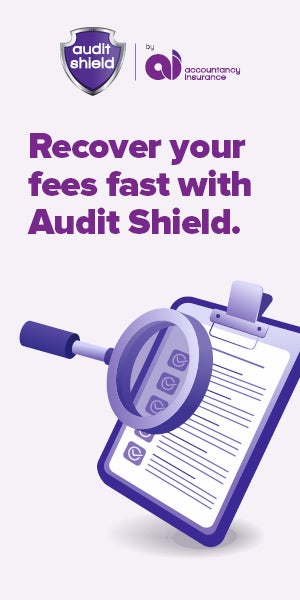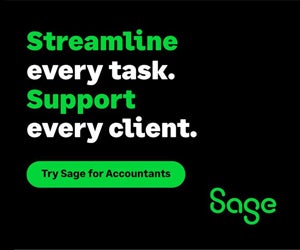How to make the most of the CPA PEP core module workshops

CPA PEP workshops can boost your confidence, if you take them seriously, says student Andrew Knapman
Editor's Note, 2021: Since the writing of this column in 2018, immersive cases (referred to below) have been replaced by integrated problems, and revisions are no longer accepted.
VANCOUVER, Mar. 6, 2018 – When you first start the Chartered Professional Accountant professional education program (CPA PEP), you will likely have a thousand questions as to what to expect. Core 1 provides an orientation workshop for all new students. Every module has its own workshop at some point during the course.
As a student who has already passed both the core modules with distinction — and in a relatively stress-free manner — I’ve learned a few key tips for success that I can share with you. Please check out my other posts on Canadian Accountant for more about the core modules.
But, frankly, I was quite surprised how lackadaisical most students seemed to be during these workshops, especially when everybody really has no idea as to what to expect. Surely, everyone has questions?
I don’t consider myself to be some teacher’s pet but I was firing questions and answers throughout the workshops because it helped with my confidence. If you don’t ask questions as to what to expect, you’ll feel ill-prepared and stressed out.
I came out of these workshops way more confident than I went in simply because I participated. Many students seem to go to the workshop because they have to, without making the most of the opportunity. I get it — it sucks spending an entire weekend in an accounting workshop — but you might as well take advantage of it while you’re there!
Honestly, not to sound arrogant, but I came out of most workshops feeling a few steps ahead of most of the class.
Don’t rely on revisions
Another thing I realized when attending workshops was just how much other students rely on revisions. If you’re not familiar with CPA PEP, you are allowed two attempts at immersive cases, if you don’t get the necessary grade the first time.
To me, CPA PEP is already way too time consuming as it is, without revisions, for these to be a worthwhile use of time. An immersive case can take four to six hours, so, if you’re finding yourself having to revise these as you go along, you’re going to struggle to keep up.
It becomes a bit of a death spiral, the longer the course goes on, where you need good grades just to be allowed to sit the exam.
Spend the time to learn the material
This is why I highly recommend spending a considerable amount of time simply learning the material. You don’t want to answer immersive cases while also trying to learn what you need to know in order to do so.
If you know the material, you won’t spend too long on the case and you won’t need to do any revisions, as your grades will be fine. In my opinion, CPA PEP actually marks quite generously! Even when I’ve felt my immersive case was poor, I’ve still received 100 per cent. I have never revised a single immersive case, even if I didn’t get a 100 per cent mark.
In my next column, I’m going to cap off this series on the Core 1 modules by discussing some of the intangible, “secret” approaches to CPA PEP that will help you to succeed. In the meantime, good luck with your studies, on your journey to becoming a CPA.
Andrew Knapman lives in Vancouver, B.C. and is a student in the CPA Professional Education Program through CPA BC. The views expressed in this guest blog are his own. Connect with Andrew through his LinkedIn profile and follow him on his journey to becoming a Chartered Professional Accountant through future blog postings on Canadian Accountant.









(0) Comments